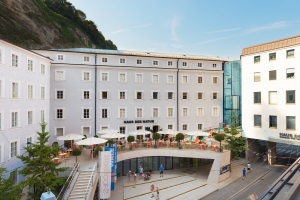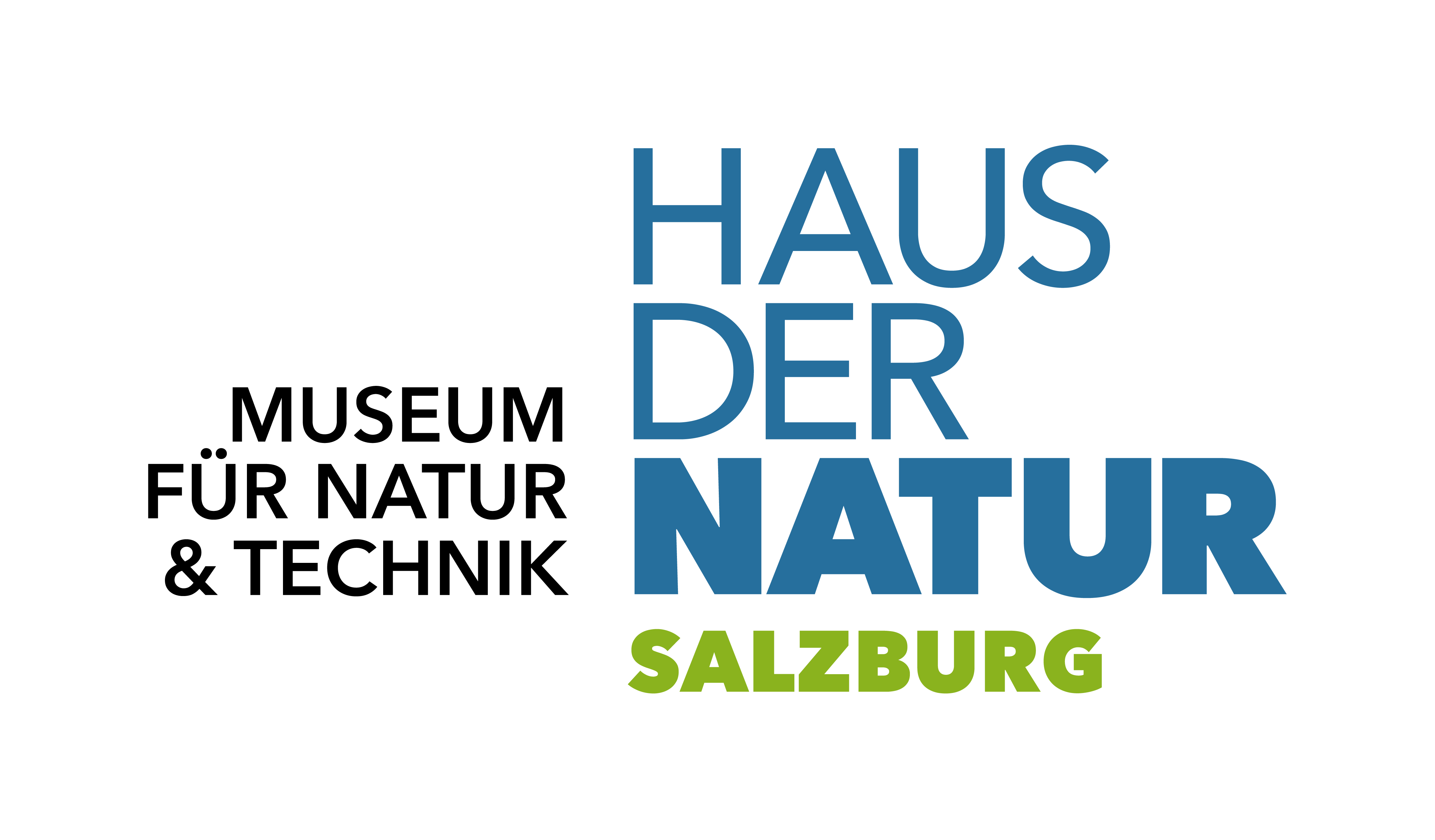
Daniel Dörler
New partner: Haus der Natur
We are very pleased to welcome Haus der Natur as a new partner in the Citizen Science Network Austria. The Haus der Natur has existed since 1924 and is a universal museum of natural sciences with a regional and international focus as well as a centre of natural competence for the city and province of Salzburg. Take a look and discover what citizen science activities the Haus der Natur is already involved in.
Haus der Natur
The Haus der Natur exists since 1924 and is a universal museum of natural sciences with a regional and international focus as well as a centre of natural competence for the city and province of Salzburg.
The first voluntary working group with a direct connection to the Haus der Natur was founded in 1935 as the "Zoological-Botanical Working Group of the Natural History Museum". Over time, this has developed into today's eight working groups, in which over 200 volunteers currently work in close co-operation with the museum. The topics range from inanimate nature (astronomy, mineralogy and palaeontology) to various areas of biology (botany, entomology, malacology, herpetology, ornithology and mammalogy).
As citizen science in the best sense of the word, the working groups define their goals and tasks themselves. However, the core task is always the exploration, documentation and communication of Salzburg's nature. In addition to the museum's physical collections, the biodiversity database at the Haus der Natur, which currently contains around 2.5 million distribution data records on animals, plants and fungi, also plays a central role here.
The nature observation platform Observation.org and the associated apps (ObsIdentify, ObsMapp, iObs) are used by the working groups to record mapping and observation data. Haus der Natur has been an official partner of the Observation International Foundation since 2019 and is actively involved in the further development and popularisation of Observation.org in Austria.
We're hiring!
We are looking for a new team member! Please find the vacancy for a student assistant in our open calls. We are looking forward to many applications!
New: Learn about citizen science
We have revised the Learn about Citizen Science section and added new content. Have a look and find out more about citizen science!
New partner: Central European University
Based in Vienna, the CEU brings together students and faculty from more than 100 countries in a close-knit community that promotes dialogue and collaboration across borders, cultures and disciplines. Now the Central European University is also part of the Citizen Science Network Austria and we warmly welcome them. In the partner description on Österreich forscht you will find detailed information about the CEU and its connections to citizen science. Have a look!
New project: Frog in a drop of water
Detective work for amphibian protection - for the first time, amphibian screening is being carried out throughout Austria by detecting their DNA traces in water - and everyone can take part. Find out how you can participate in the project description of the new project Frog in a drop of water!
New project: Open Reassembly
Many archaeological artifacts today are only preserved in fragments. Reassembling these parts into their original form is therefore an important but challenging task for archaeology. Computer-assisted methods can facilitate this task or even partially solve it in some cases. However, due to the usually poor preservation of these artifacts and their potential incompleteness, reliable fully automatic reassembly is rarely possible in practice.
The goal of the Open Reassembly project, which is new on Österreich forscht, is to design the solution to such complex tasks as a collaborative process involving many participants and in optimal interplay with computer-assisted methods. Have a look and join the project!
New project: Show me your mouse, cat!
Attention cat owners in Vorarlberg! Under the motto "Show me your mouse, cat!", the inatura Naturschau Dornbirn is collecting dead mice and other small mammals that your cat brings to your home. From June to November 2024, you can hand in these "gifts" from your cat to the inatura or other collection points in Vorarlberg.You can find more information about this exciting new project on Österreich forscht. Join in the research!
Blog: Almost 800 blog posts!
Do you already know the Österreich forscht blog? Almost 800 blog posts currently invite you to immerse yourself in citizen science. Project managers, citizen scientists and researchers on citizen science report on events, literature and, above all, directly from the projects. Take a look and be inspired!
New Project: City-Zen Boden
As a follow-up project to Heavy Metal City-Zen, the new project City-Zen Boden is once again inviting Viennese community gardens, garden projects or similar garden initiatives to take part in this project and conduct research together. The aim of this project is to scientifically assess the potential risk of heavy metal contamination of crops in Viennese city gardens and to investigate the extent of soil contamination with microplastics. Have a look and join the project!



